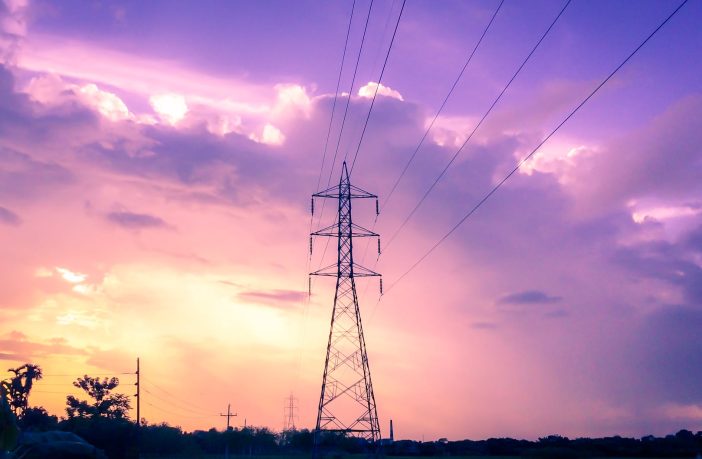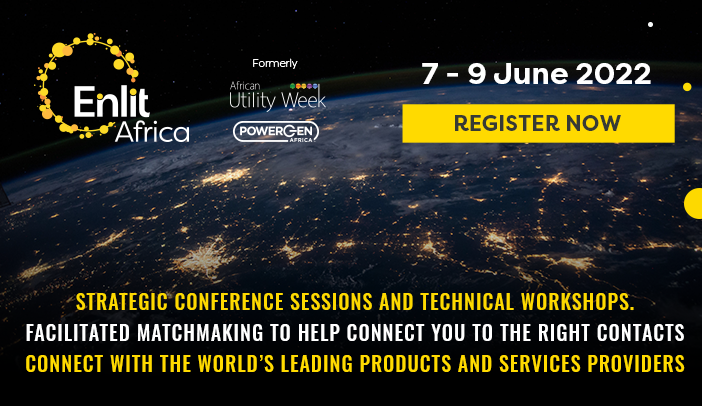- A pan-African infrastructure platform and an Indian statutory corporation have signed a joint development agreement to develop Africa’s first transmission public-private partnership (PPP).
- Africa50 and Power Grid Corporation of India Limited (POWERGRID) signed the agreement to continue to develop the Kenya Transmission Project on a PPP basis.
- The project entails the development, financing, construction and operation of the 400kV Lessos – Loosuk and 220kV Kisumu – Musaga transmission lines under a public-private partnership (PPP) framework.
Once completed, the project will be the first Independent Power Transmission (IPT) in Kenya and set a reference point in Africa as the first financing of transmission lines on a PPP basis. This Project will also improve both the supply and reliability of power transmission in Western Kenya. It will further create a demonstration effect to help increase private sector investments into the expansion of Africa’s power transmission networks, which is critical to bridging the continent’s electricity access gap.
In this development partnership transmission utility POWERGRID will provide technical and operational know-how to the project, while Africa50 will bring its project development and finance expertise and act as a bridge between the Kenyan government and private investors.
The signing of this agreement underscores Africa50 and POWERGRID’s commitment to continue to dedicate resources to accelerate development activities on the project until financial close.
Africa50 CEO Alain Ebobissé said they are very pleased to partner with the Government of Kenya and POWERGRID to implement this important and pioneering project in one of their shareholder countries. “In the past few years, a lot of emphasis has been placed on attracting private investments in energy production infrastructure in Africa. It is time to also focus on catalysing private investment into the development of power transmission networks across Africa as these are a critical link to improving electricity access, especially in underserved communities.”
Shri K. Sreekant, POWERGRID Chairman and Managing Director explained that transmission plays an important role in bringing efficiency in the entire electricity supply chain. “A robust transmission network not only imparts reliability and security to the electricity grid but also allows non-discriminatory access to buyers and sellers which spurs the competition that results into competitive electricity prices to ultimate consumer.
“POWERGRID hopes that the present transmission project in Kenya shall serve as a model for undertaking more of such projects in Kenya as well as other African countries,” said Sreekant
Author: Nomvuyo Tena

Nomvuyo Tena is a Content Producer at Vuka Group and is as passionate about the energy transition in Africa as she is about music and Beyonce.
This article was originally published on ESI Africa and is republished with permission with minor editorial changes.
Kenya’s energy sector will be a hot topic at Enlit Africa 2022














2 Comments
Pingback: Kenya seeks to improve power transmission in western
Pingback: Kenya Enters Public Private Partnership to Develop Power Transmission Lines - Nairobi Times